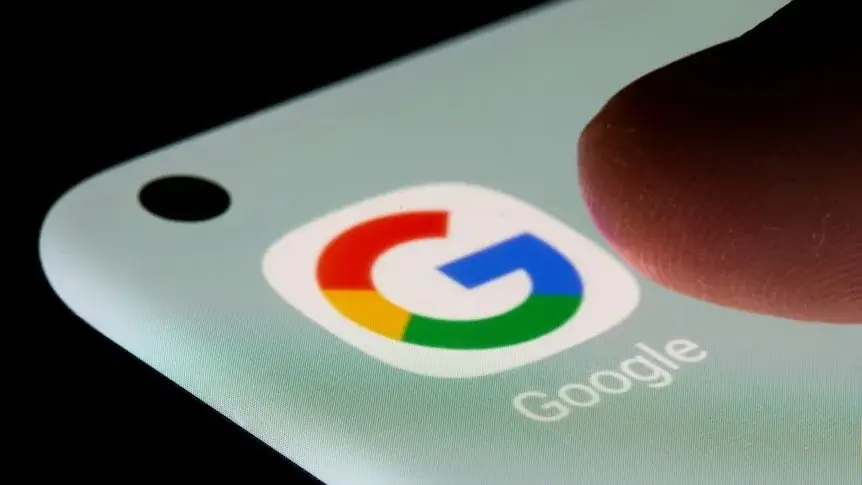- cross-posted to:
- privacy@lemmy.ml
cross-posted from: https://sopuli.xyz/post/4017115
Related material, not all as optimistic as the ABC news article:

Sounds great, but knowing something about how screwed Australians are for privacy I’m sure there’s a caveat. Probably have to have a digital ID 100% verifiable human citizen before you can use it. Allow yourself to be AI tracked online and off 24/7 to get rid of some ads. If people did a bit of research you will find you can already do these things and more to increase your security and protect your own privacy. The governments don’t like that though. If it’s something like the EU’s GDPR with no caveats then it will be an improvement.

Lol Australia is one of the five eyes countries who spy on their own citizens.

Very important legal distinction here: we have laws about spying on our own citizens, so we let our allies do it for us, while we openly spy on our allies citizens, and then share that information back with each other. Totally different bro! /s



Good to see Chaney introduce a private members bill to remove the carve out for political parties.
But the outcome of that seems like a fait accompli in any parliament where Labor and the Coalition can combine for a majority.

The “right to be forgotten” should not be looked at as a good thing. Its reason for existing is honestly pretty gross. It’s about censoring people’s access to news if the subject of that news doesn’t like it. Literally, Google v Costeja is basically its origin, and it’s a case where Google was forced to stop linking to news articles about a person despite those articles being entirely accurate. This is bad for two reasons:
- First, the news is accurate. It reported on events that had occurred—in fact, the reporting was legally mandated by the Spanish Government. This was not in dispute. Access to accurate information simply because it portrays someone in a bad light is an awful kind of censorship.
- Second, it went after the wrong subject. Google’s job is to link people to websites. If someone wants information taken down, they shouldn’t be asking Google to de-index it, they should be going after the news site. If the law wants to allow the information to be made inaccessible, they should require the news site to take it down. Or better, they should be required to issue an update or retraction alongside the previously-accurate article.

If someone wants information taken down, they shouldn’t be asking Google to de-index it, they should be going after the news site.
How? How can you ask a site run in a foreign country, by people who don’t speak english, to remove some content about you?
Also - just because content is accurate doesn’t mean it’s legal. A video of two people having sex is “accurate”. That doesn’t mean it should be shared online if they haven’t consented to that.
As far as I know, Mario Costeja González never did anything wrong? All he did was sell an asset in order to pay off a debt. The media’s coverage of the event did long term harm to his reputation. I think it’s a perfectly good example of a reasonable takedown request. The normal rule for people with financial difficulties in Australia is to erase all records after five years (e.g. if you’re overdue paying off a loan, that black mark against your name will be forgotten if you do eventually pay the loan off and then don’t miss a payment for five years).
Kids also do stupid shit all the time, and these days those mistakes are often posted online. They shouldn’t ruin your reputation for your entire life.
I’m sure this won’t be a universal right. There will be rules around when someone can ask for content to be taken down. I’m reserving judgement until I’ve seen those rules… and even then it’s pretty normal for new legislation to miss a few things and be amended later.

I’m not going to address the ridiculous bad faith arguments made in your first two paragraphs.
As to the third, he didn’t do anything wrong per se, but he was required to sell off assets to pay debt. This is a simple fact which occurred and the news was required to report on it. If a law existed requiring the news organisation to take down those records after 5 years, that would be entirely reasonable. But that law did not exist in Spain, as evidenced by the fact that the newspaper had been asked and refused to remove the news. It’s ridiculous to censor it via Google simply because he doesn’t like it. If there’s not a lawful basis to remove the article from its original source, there shouldn’t be a lawful basis to remove it from Google. (This is different to, say, removing pirate links from Google, because they are illegal and a lawful basis does exist for removing them, even if practical matters around jurisdiction prevent actually enforcing that law.)
There is never a case where a news site in a country should keep an article up, but search engines be required by the Government of the same country to de-index the article.
This is the best summary I could come up with:
Social media companies follow us wherever we go online (and occasionally offline), learning intimate details they can use to target advertising.
Millions of Australians have been implicated in data breaches compromising passport details, health information or other sensitive communications held onto long past when was reasonable.
Now, the federal government has committed to overhauling Australia’s privacy laws following the recommendations of a major review first initiated by the former administration.
Among the proposals the government has tentatively agreed to is also the idea that individuals should have the right to require an entity to delete or de-identify their personal information.
The government agrees in-principle that people should have that right, including being able to require search engines to de-index certain information about them, meaning it would not show in their results.
The government has flagged it will continue working on the reforms into next year, with fresh rounds of consultation to come for some of the most complex proposals, as well as likely transition periods for those affected.
The original article contains 785 words, the summary contains 168 words. Saved 79%. I’m a bot and I’m open source!

